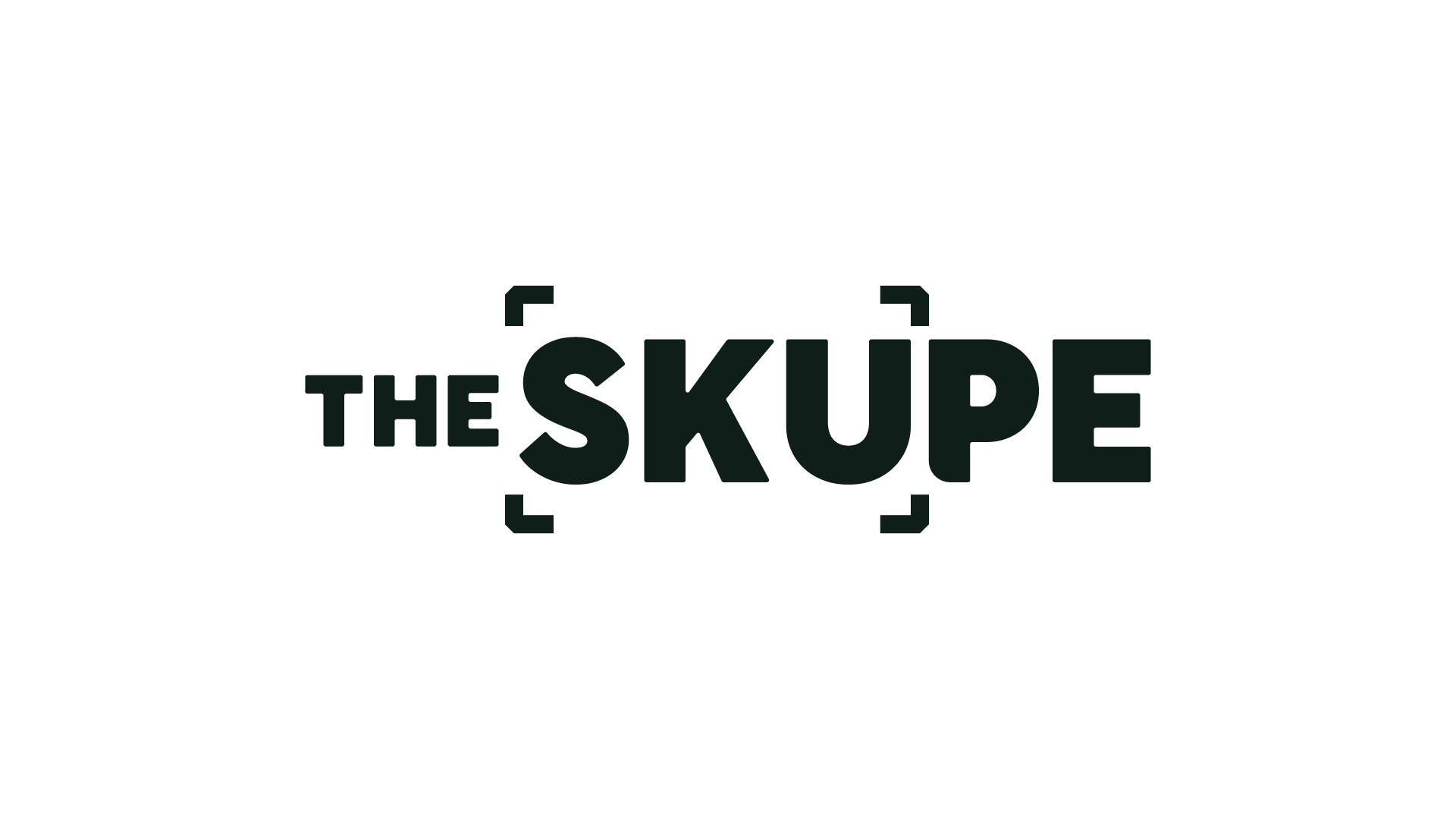A version of this story first appeared in The SKUpe's weekly newsletter. To get it in your inbox, sign up for free, here.
By Marcy Medina | for The SKUpe
Chicago-based U.S. Bank branch manager Jessica Werner spends her days assisting small business owners. She says it’s a must to separate personal and business expenses and accounts, but that personal credit is extremely important when accessing business credit. Here, she shares what banks look for when approving lines of credit and what SMBs can do to stay on top of funding opportunities.
How does your role as bank manager help SMB owners?
I manage a team of bankers to ensure we are equipped to service and provide consultative financial advice to our clients. I work closely with the other lines of business within the bank, such as Small Business Banking, Commercial Banking, Wealth Management, Mortgage, Payments and Treasury Management. A client may need the expertise of each partner, so it's my job to identify the need and recommend solutions with a referral to one or more of these business partners.
What should a small business owner include in a pitch to investors or banks?
They need to showcase what they have done on their own by sharing their total revenue for the prior and current year, and what they are projected to earn. Start early with an accountant so that your paperwork is ready to go and organized. Ensure you're separating personal vs. business expenses and earnings.
What do lenders look for before approving a small business loan?
They will want to know the industry you’re in and number of years you’ve been in business, your total sales and your revenue per year, your ownership structure and percentage of ownership. They’ll also need to see the last two years of business and personal tax returns. They will also check both your personal credit score and your business credit score, and your personal finances and personal credit score need to be aligned. Lenders want to know what you have been doing personally before they can take the risk on business liabilities.
Where do most small business owners get funding? Are there any grants and loans that small businesses often overlook?
Most business owners have to use their own personal assets and capital to get started. That is the primary source to get started. Next would be finding investors or local grants such as from the town or city where your business is located. Score.org is a great resource in Chicago. It's not a one-time search and application; rather, it’s something a business owner should seek every few months because new grant initiatives are always being introduced. There is usually not enough word out there for these, so you, as the business owner, have to research.
I would start at the local level. Other business owners want to help each other out! You should also shop banks to see what business loans they offer. Start with the bank where your personal accounts are held because generally, you have an established relationship with the bank.
How much cash does a business need to stay safe?
There isn't a set amount that makes it safe, but rather finding the comfortable spot where you have enough cash to prevent disrupting your everyday business activities. It's crucial to have access to cash if your balances are low. Having a business line of credit (secured or unsecured) provides the surety that your business can proceed with large transactions without having to wait for payments received from your vendors. It is important to have a 30- to 90-day window for inflows and outflows. A line of credit gives you that flexibility.

Thanks for reading this week's edition!
You can reach the newsletter team at theskupe@mynewsletter.co. We enjoy hearing from you.
Interested in advertising? Email us at newslettersales@mvfglobal.com
The SKUpe is curated and written by Marcy Medina and edited by Bianca Prieto.






Comments ()